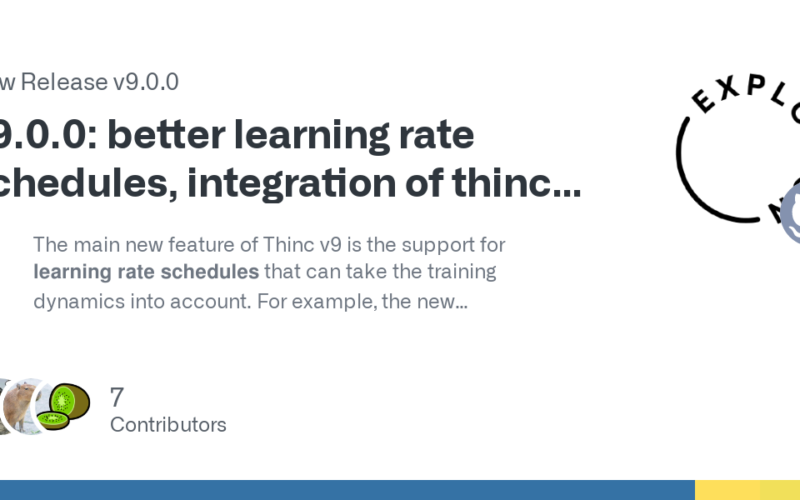Would you pay real money to use Google’s search engine? Yea, me neither. Nonetheless, the company behind the popular search engine is mulling the idea of charging users for a service that’s not even close to being finished.
Let’s not forget that the ad copy for Google’s AI search contained misinformation. It’s now a year on from that snafu, and AI hasn’t gotten that much better at separating fact and fiction.
Google’s new plan is to charge for access to search results that utilize generative AI (AI) tools. This revelation comes from a recent Financial Times report, citing “three people with knowledge of [Google’s] plans.”
Google’s decision to charge for such services would be a first for the company, which has historically relied solely on advertising revenue since its inception in 2000.
Google’s AI Search could be great, but it’s not ready for prime-time
The search giant has already started dipping its toes in the paid AI waters, with the “AI Premium” tier of a Google One subscription costing $10 more per month than a standard “Premium” plan.
Similarly, “Gemini Business” adds $20 monthly to a standard Google Workspace subscription.
These subscriptions add Google’s Gemini Ultra AI assistant to the Google tools you’re already using to help you write and summarize reports and many other handy shortcuts.
You don’t necessarily need to pay for a subscription to use Google’s Gemini AI model, but free users only get access to the less-performant versions.
According to the FT report, the proposed plan would keep Google’s standard search (without AI) free of charge, and subscribers to a paid AI search tier would still see ads alongside their AI-powered search results.
Will the standard search experience get more paid search results in an attempt to push users into subscribing? It’s a possibility, and it’s frankly horrifying to think about.
However, the search ads, which brought in a reported $175 billion for Google last year, might not be enough to cover the increased costs of AI-powered search. Who or what will make up the shortfall?
The answer is probably you. Not directly, but Google’s business model has always involved monetizing user data. The real question is, will users put up with this? Or will they simply switch to a competitor offering the same service for free?
Have any thoughts on this? Drop us a line below in the comments, or carry the discussion to our Twitter or Facebook.
Editors’ Recommendations:
Follow us on Flipboard, Google News, or Apple News
Source link
lol

